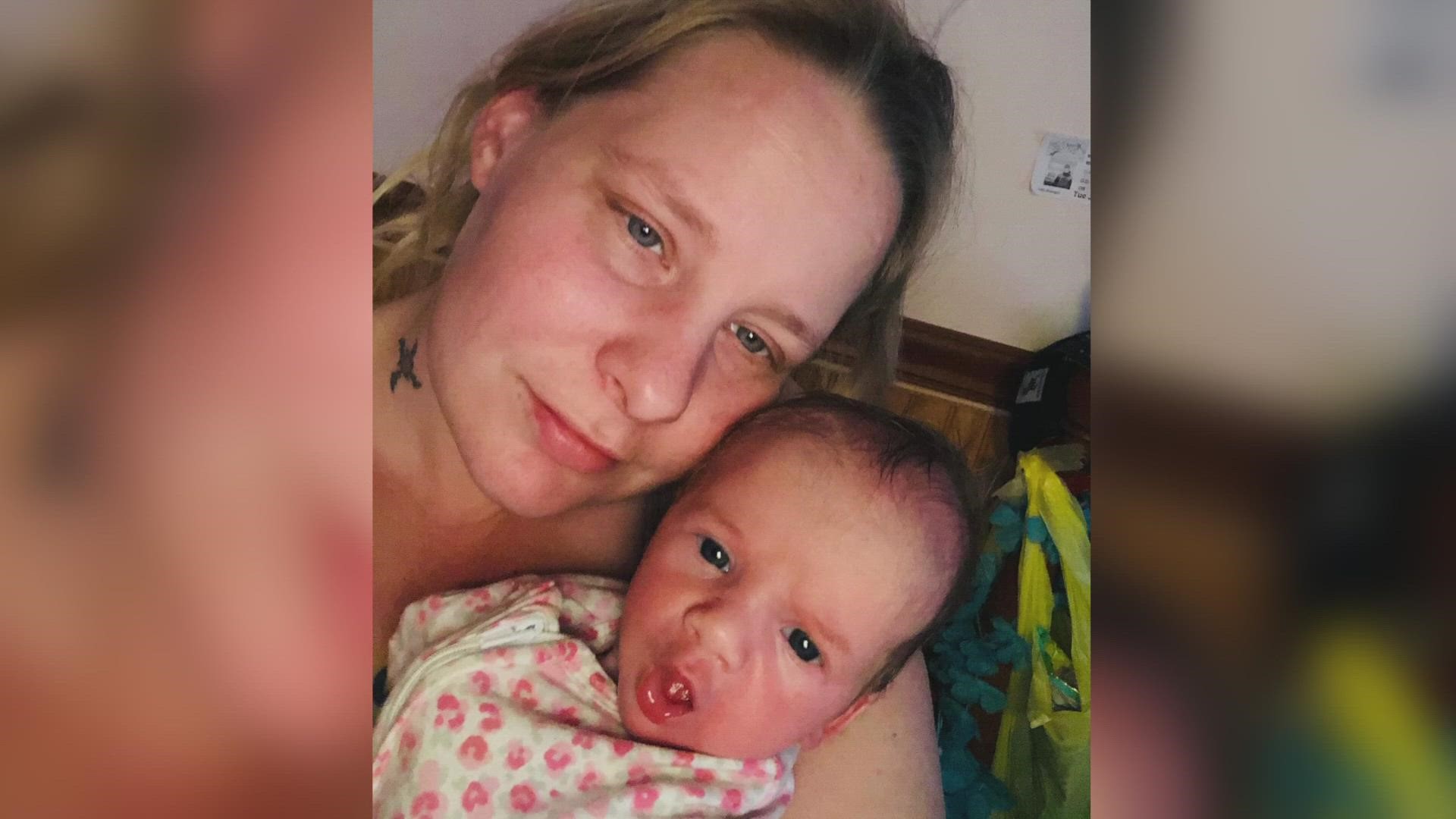TAMPA, Fla. — A shortage of baby formula across the country and here in Florida has prompted parents to explore new avenues for finding baby formula.
However, the Better Business Bureau warns these parents are risking themselves to potential online scams.
According to the 2021 BBB Scam Tracker Risk Report, online shopping scams are the riskiest.
"Unfortunately, anytime there is a shortage with anything, scammers always see this as an opportunity to create fake websites and advertise on the Internet claiming to have this product available," West Florida BBB Director of Public Relations Bryan Oglesby saidscames. "The consumer makes the purchase, it’s a small dollar purchase, and they never hear from the company again and the product is not delivered."
Oglesby said the scams lean on parents' fears.
"Anytime there is a shortage of something, scammers see this as an opportunity to play on those consumers' emotions... Whenever there’s an emotional connection to something and consumers need that now, they want it now, they’re willing to take that risk."
Oglesby said when buying formula online, just like all online purchases, people should do their "homework."
"The best thing you can do in the world of buying online is just research that company, see who you’re buying from, see what it says out there on bbb.org and then make an informed decision to buy from a reputable company you can trust," Oglesby said.
You can report suspected scams to the BBB by filing a complaint at BBB.org or report a scam at BBB.org/scamtracker.
In order to avoid becoming a victim to such a scam, the BBB has issued the following guidance.
Signs of a potential online purchase scam include:
- Positive reviews on the website that have been copied from honest sites or created by scammers. Be aware, some review websites claim to be independent but are funded by scammers. Check BBB.org.
- No indication of a brick-and-mortar address or the address shows on a Google map as a parking lot, residence, or unrelated business than what is listed on the website.
- Misspellings, grammatical errors, or other descriptive language that is inconsistent with the product.
- The seller advertises on a social media site and is communicative until the payment is made. Once the payment clears, they are unreachable.
Check out the website before making a purchase:
- Visit BBB.org to check a business’s rating and BBB accreditation status. Impostors have been known to copy the BBB seal. If it is real, clicking on the seal will lead to the company’s BBB profile on BBB.org - check the domain of the URL.
- Conduct an internet search with the company name and the word “scam.” This may locate other complaints about the site.
- Make a note of the website where the order is placed. Take a screenshot of the item ordered, in case the website disappears, or a different item is received in the mail than what was advertised.
- Credit cards often provide more protection against fraud than other payment methods.
- Think before you click. Be especially cautious about email solicitations and online ads on social media sites.

